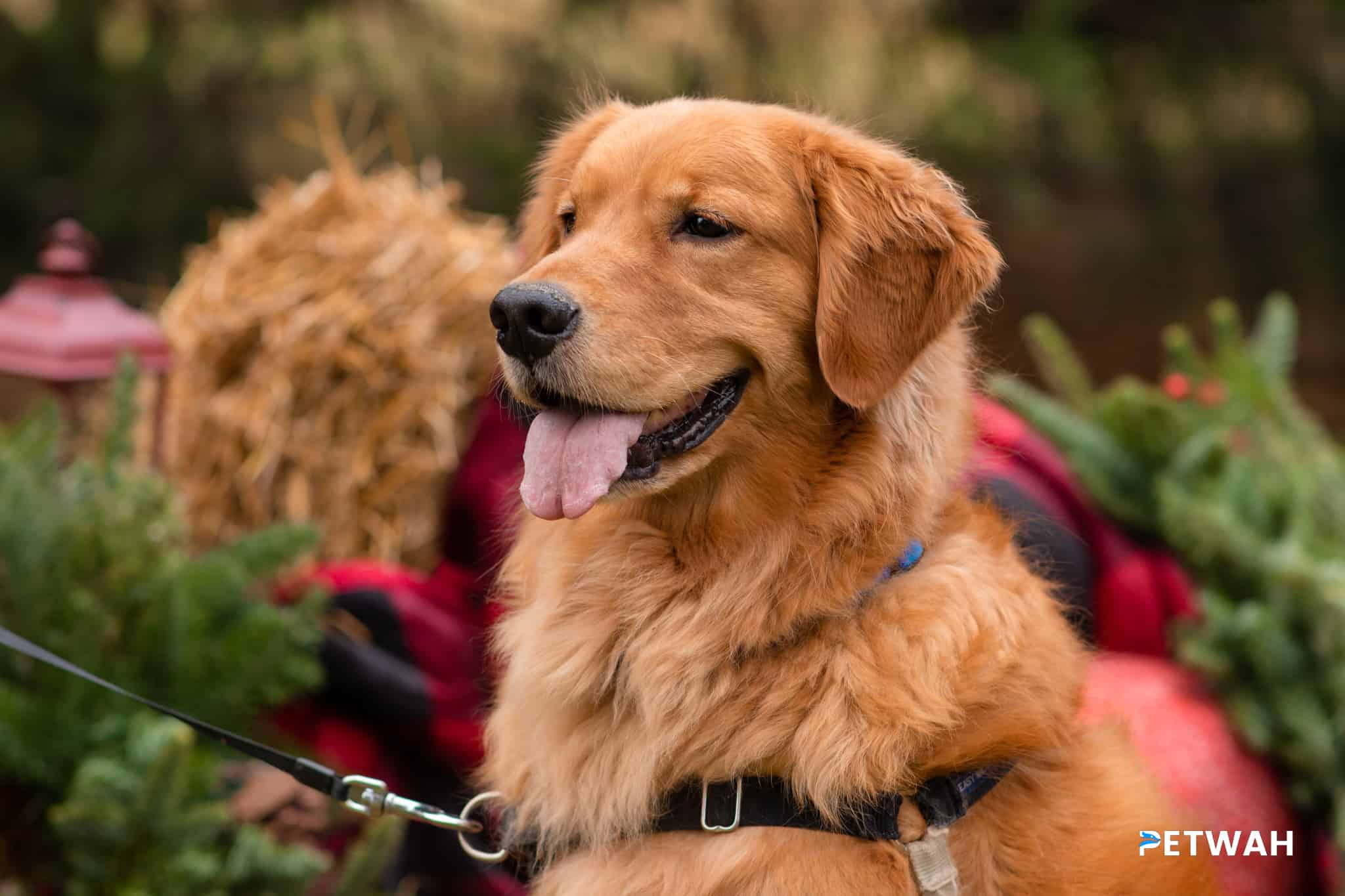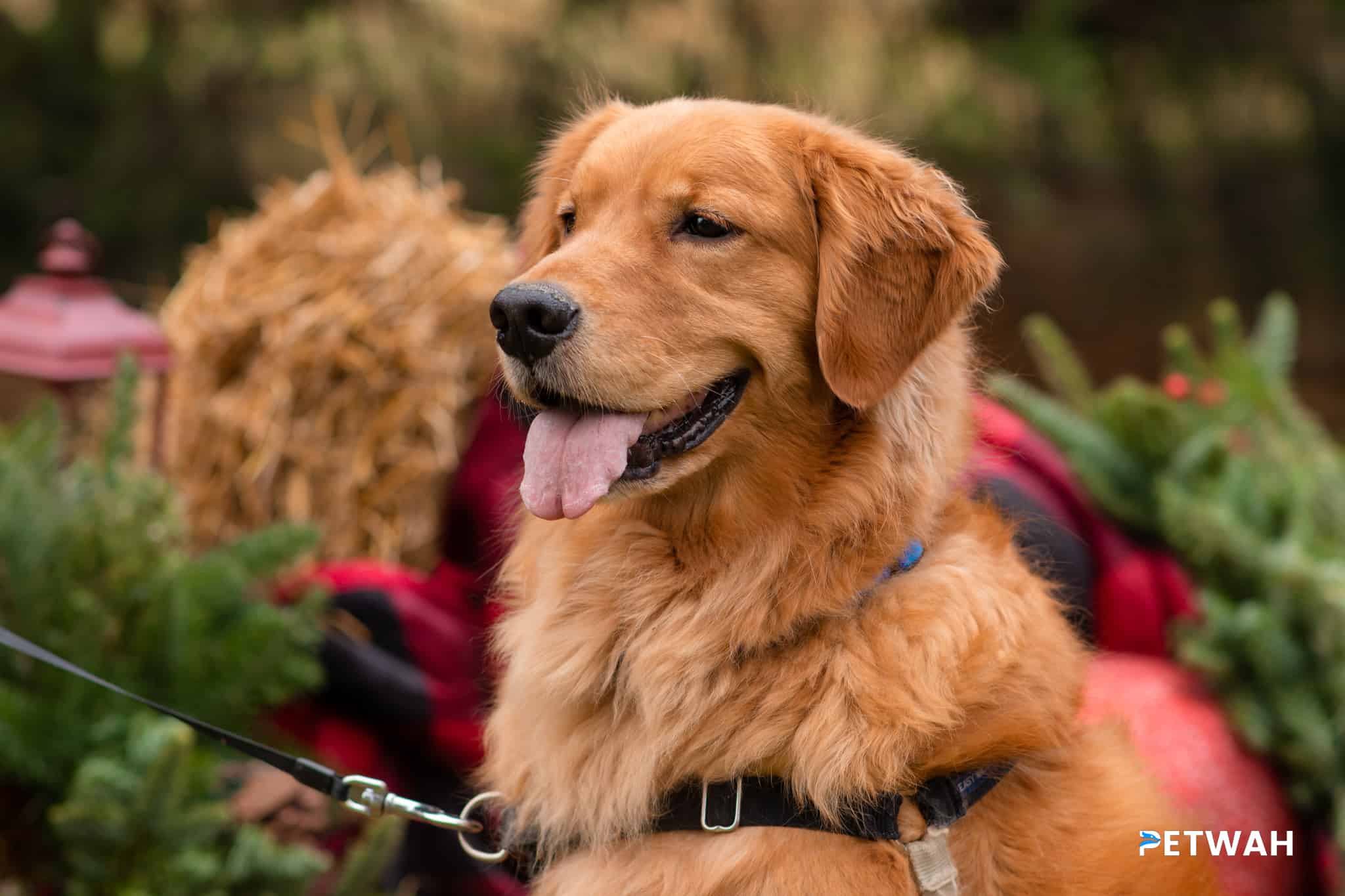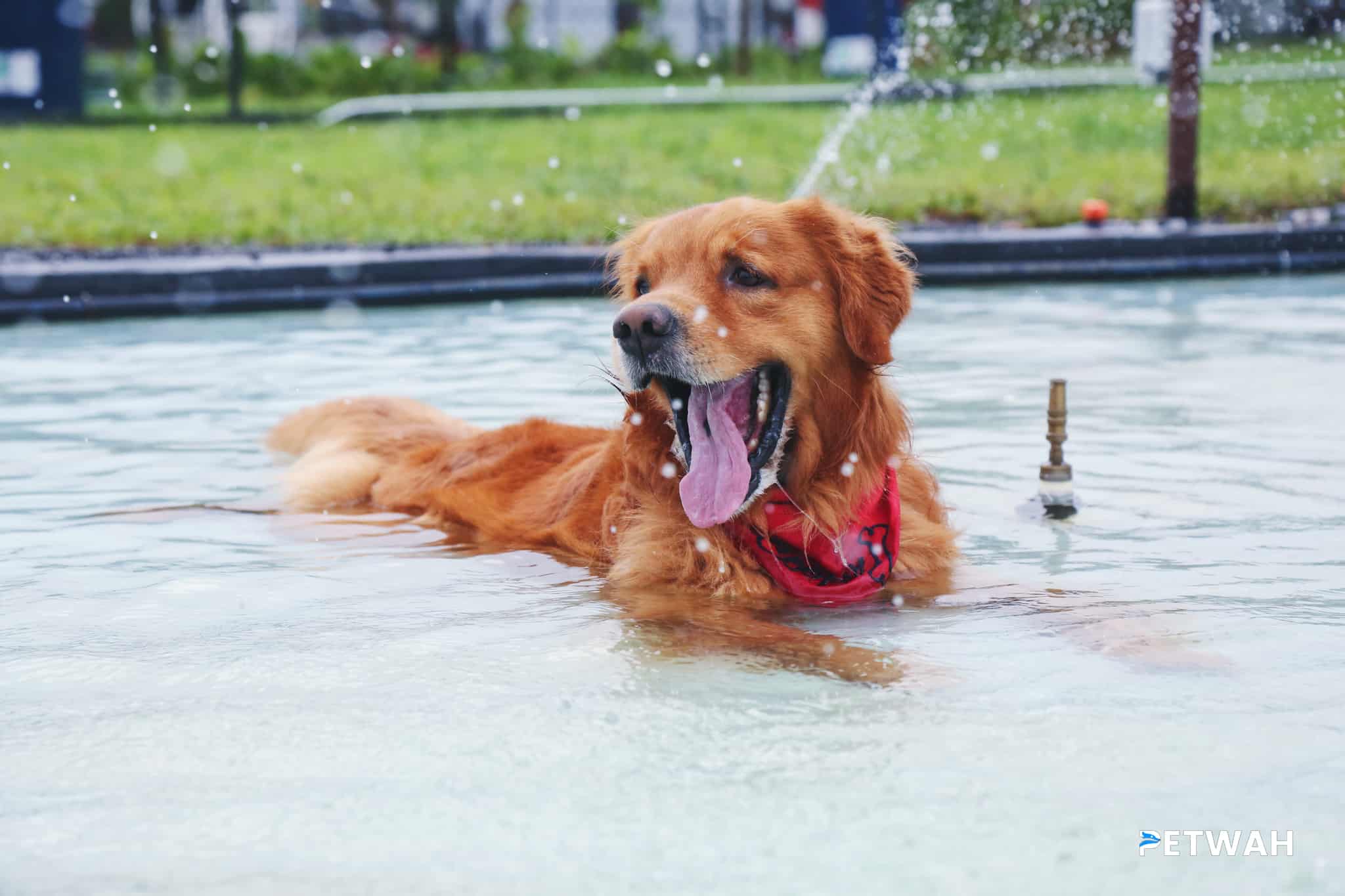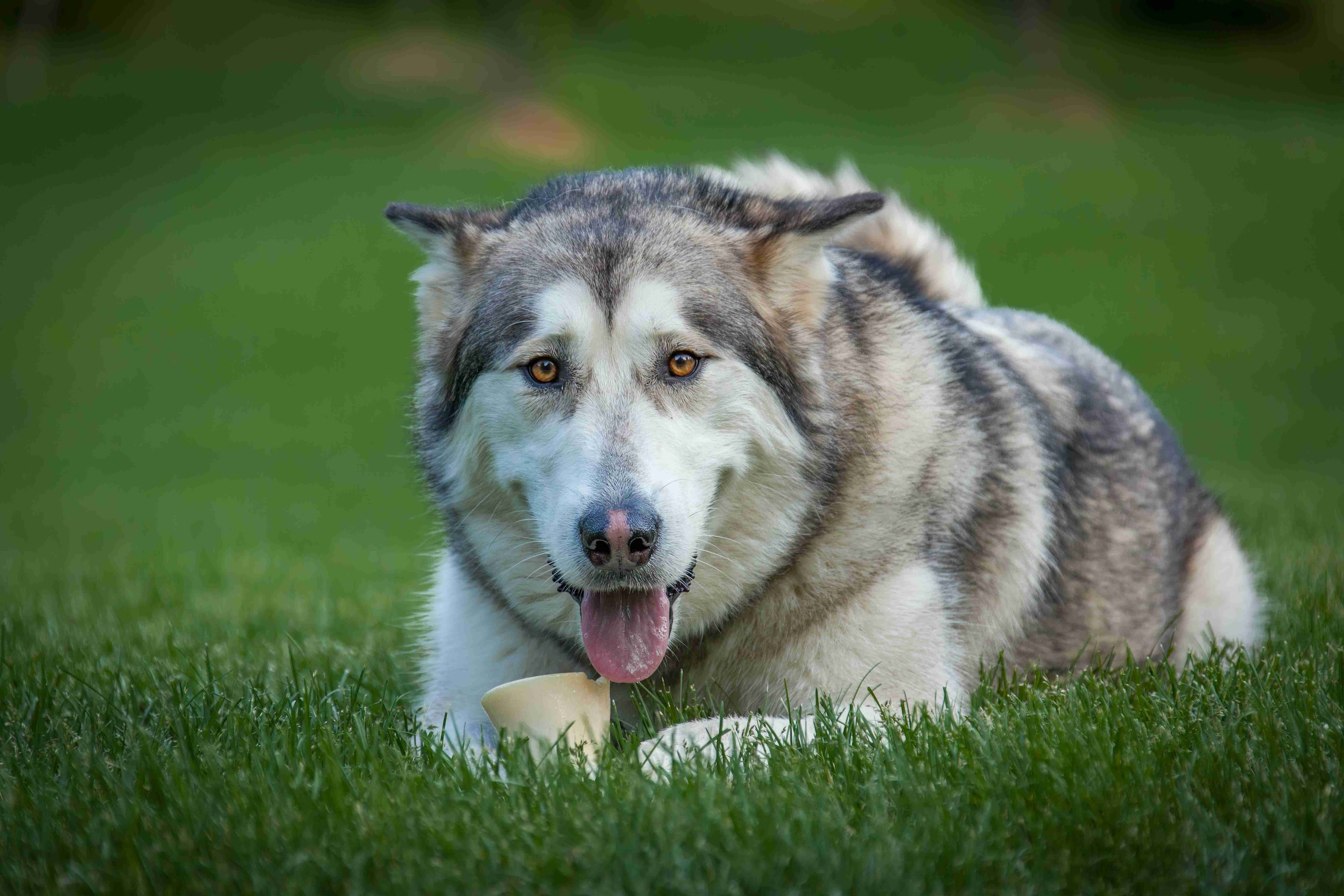Golden Retrievers are popular and beloved dog breeds known for their friendly nature and intelligence. If you are a proud owner or considering getting a Golden Retriever puppy, it’s important to understand their nutritional requirements for their optimal health and well-being. A balanced and nutritious diet is crucial during the puppy stage as it sets the foundation for their growth and development. In this article, we will explore the key nutritional requirements for a Golden Retriever puppy, providing you with the information you need to ensure your furry friend gets the best start in life.
Protein and Calcium for Growth
During their puppy stage, Golden Retrievers experience rapid growth and development. Adequate protein intake is essential for healthy muscle growth and development. Look for high-quality protein sources such as chicken, fish, and eggs in their diet. Additionally, calcium is vital for their bone development. Ensuring a balanced calcium-to-phosphorus ratio is crucial to avoid developmental orthopedic diseases. Consult with your veterinarian to determine the appropriate calcium levels for your growing Golden Retriever puppy.

The Importance of Fats
Fats play a crucial role in a Golden Retriever puppy’s diet. They provide energy, promote healthy skin and coat, and aid in the absorption of fat-soluble vitamins. Including omega-3 fatty acids, such as fish oil, in their diet can support brain development, vision, and overall cognitive function.
Carbohydrates for Energy
Carbohydrates serve as an energy source for growing puppies. Choosing high-quality carbohydrates such as whole grains, fruits, and vegetables can provide the necessary energy and fiber for their digestive health. Ensure that carbohydrates make up a reasonable portion of their diet without overshadowing the protein and fat requirements.
Micronutrients for Optimal Health
In addition to macronutrients, Golden Retriever puppies require sufficient micronutrients to support their overall health and immunity. These include vitamins such as A, D, E, and B-complex vitamins, as well as minerals like iron, zinc, and selenium. Feeding a well-balanced diet and considering supplements under the guidance of your veterinarian can help fulfill these requirements.
Feeding Schedule and Portion Control
Establishing a regular feeding schedule is vital for a Golden Retriever puppy’s health and development. Puppies generally require multiple smaller meals throughout the day to meet their energy needs. As they grow, you can gradually transition to fewer meals but larger portions. Feeding guidelines provided by pet food manufacturers can offer a starting point, but keep in mind that individual puppy’s needs may vary based on their activity level, metabolism, and overall health. Monitor their body condition and consult with your veterinarian to adjust portion sizes accordingly.
FAQ:
Q1: What are the key macronutrients essential for a Golden Retriever puppy?
A1: The key macronutrients for a Golden Retriever puppy are protein, fats, and carbohydrates. Protein supports their growth and muscle development, fats provide energy and aid in brain function, while carbohydrates serve as an energy source.
Q2: Should I provide supplements to my Golden Retriever puppy?
A2: A well-balanced diet should provide all the necessary nutrients for your Golden Retriever puppy. However, consulting with your veterinarian about supplements such as omega-3 fatty acids or specific vitamins and minerals can be beneficial.
Q3: How often should I feed my Golden Retriever puppy?
A3: Golden Retriever puppies generally require multiple smaller meals throughout the day to meet their energy needs. Gradually transitioning to fewer meals but larger portions as they grow is recommended.
Q4: Are there any specific foods that Golden Retriever puppies should avoid?
A4: Golden Retriever puppies should avoid foods that are toxic to dogs, such as chocolate, grapes, raisins, onions, and certain artificial sweeteners like xylitol. Additionally, consult your veterinarian for specific dietary restrictions or recommendations based on your puppy’s health.
Q5: When can I transition my Golden Retriever puppy to adult dog food?
A5: Golden Retriever puppies can typically be transitioned to adult dog food around 12 to 18 months of age, depending on their individual growth and development. Consulting with your veterinarian is essential for determining the right time for the transition.
In conclusion, providing a balanced and nutritious diet is crucial for the optimal growth and development of your Golden Retriever puppy. Ensuring adequate protein, fats, carbohydrates, and micronutrients can support their muscle growth, bone development, energy levels, and overall health. By following a regular feeding schedule and monitoring their body condition, you can ensure your furry friend has a healthy start in life. For more information on puppy food and nutrition, visit petwah.com.
Do you want to give your Golden Retriever puppy the best nutrition? Visit petwah.com for a wide selection of high-quality puppy food and nutritional supplements to support their growth and well-being.






.jpg)
.jpg)
